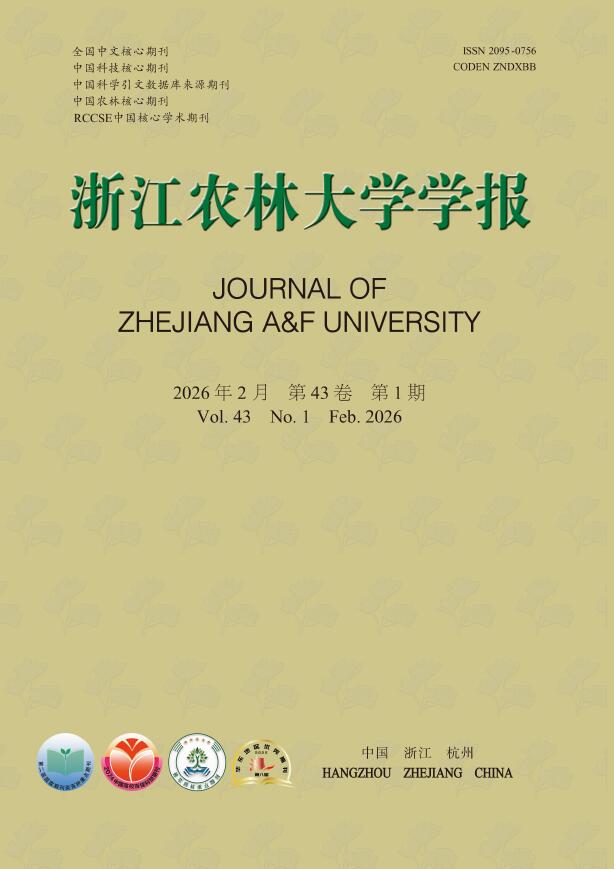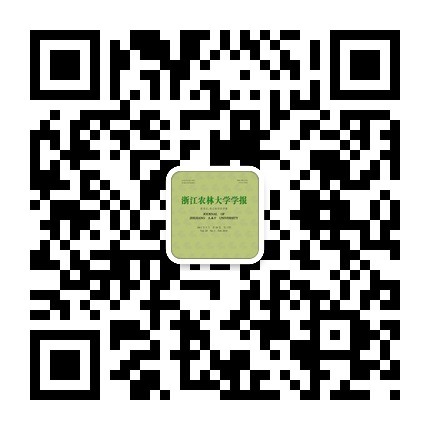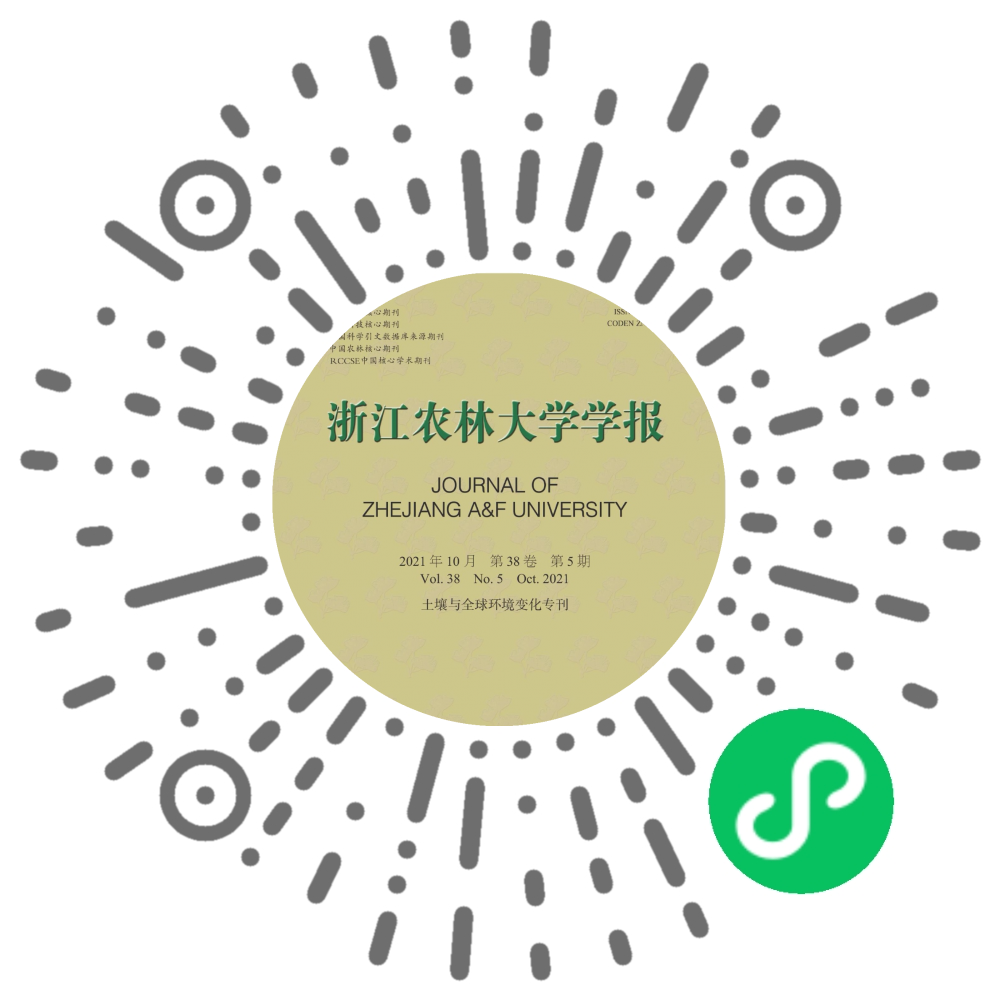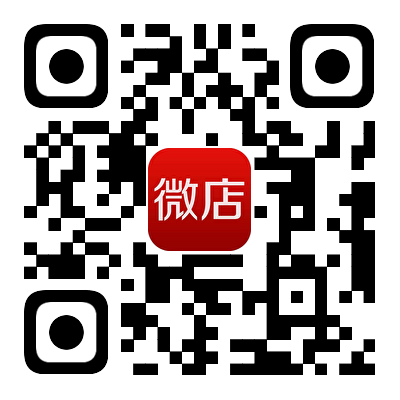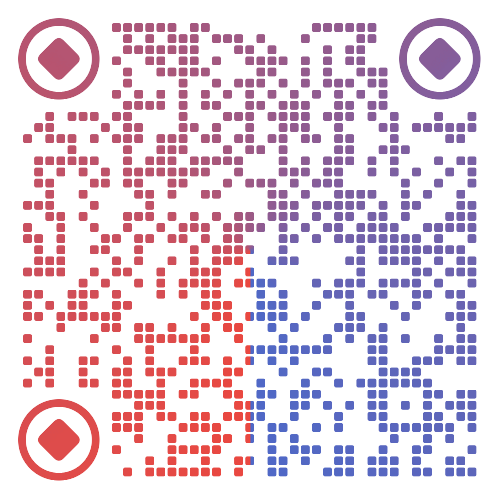Journal of Zhejiang A&F University has joined Academic Misconduct Literature Check System (AMLC) from China National Knowledge Infrastructure (http://check.cnki.net/amlc2/) to fight against plagiarism and to ensure high ethical standards for all of the submitted papers. The AMLC is an effective tool for detecting unoriginal content, enabling our editors to preserve the journal's integrity and the authors' copyright.
The authors should ensure that they have written entirely original works, and, if the authors have used the work and/or words of others, that this has been appropriately cited or quoted. Data, text, figures or ideas originated by other researchers should be properly acknowledged. Plagiarism in all its forms constitutes unethical publishing behavior and is unacceptable.
The authors must guarantee: (1) that the article has not been published elsewhere; (2) it is not being considered for publication elsewhere; and (3) that it has been submitted with the full knowledge and approval of the institution or organization given as the affiliation of the authors. Submission of multi-authored manuscripts implies the consent of each of the authors. If data from the article is used, partially or entirely, in other research articles, or the data and results represent only part of a bigger research project described in multiple publications, these must be clearly presented to the editor.
All authors should disclose in their manuscript any financial or other substantive conflict of interest that might be construed to influence the results or interpretation of their manuscript. All sources of financial support for the project should be disclosed. Examples of potential conflicts of interest which should be disclosed include employment, consultancies, stock ownership, honoraria, paid expert testimony, patent applications/registrations, and grants or other funding. Potential conflicts of interest should be disclosed at the earliest stage possible.
The following are unacceptable in any circumstances:
(1) Duplicate publication of an entire article;
(2) Major plagiarism of the work of others (SMSI>10 % or OSI>35%);
(3) Serious self (or team)-plagiarism (SMSI>10% or OSI>35%);
(4) Review papers which reproduce substantial amounts of the texts discussed (OSI>35%).
This Journal does not publish adversting.








